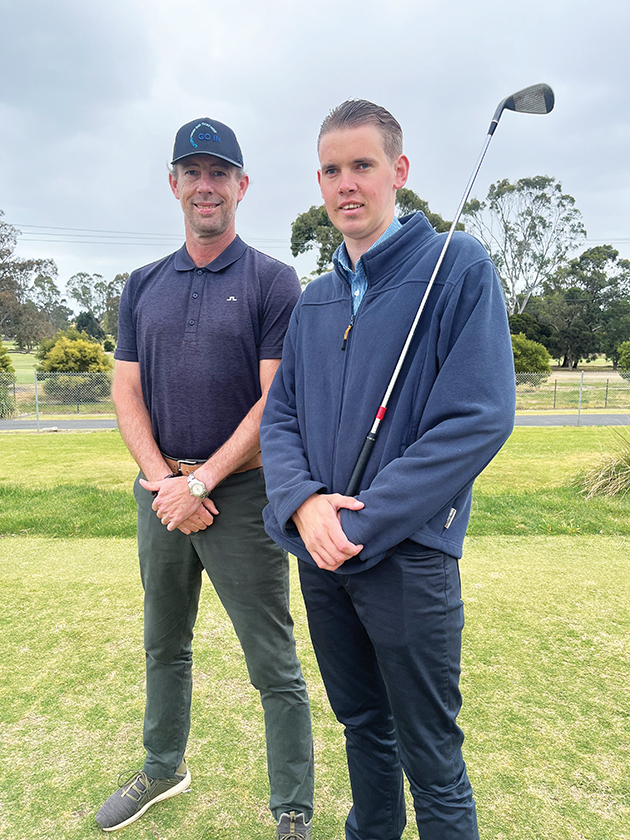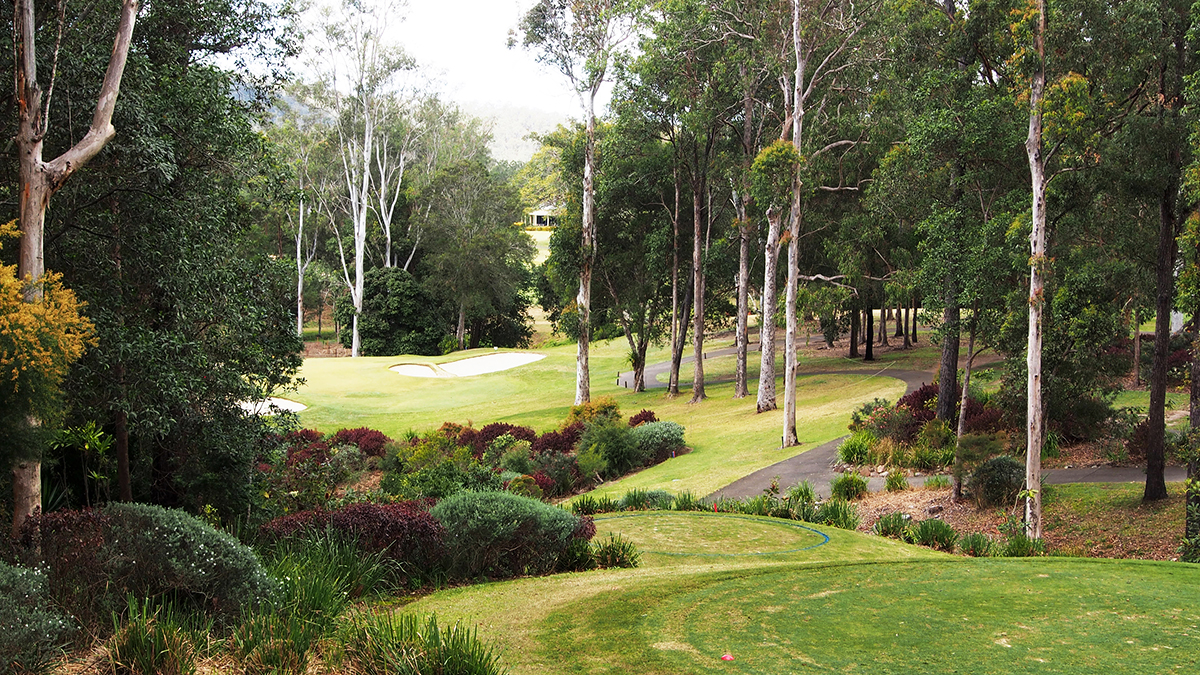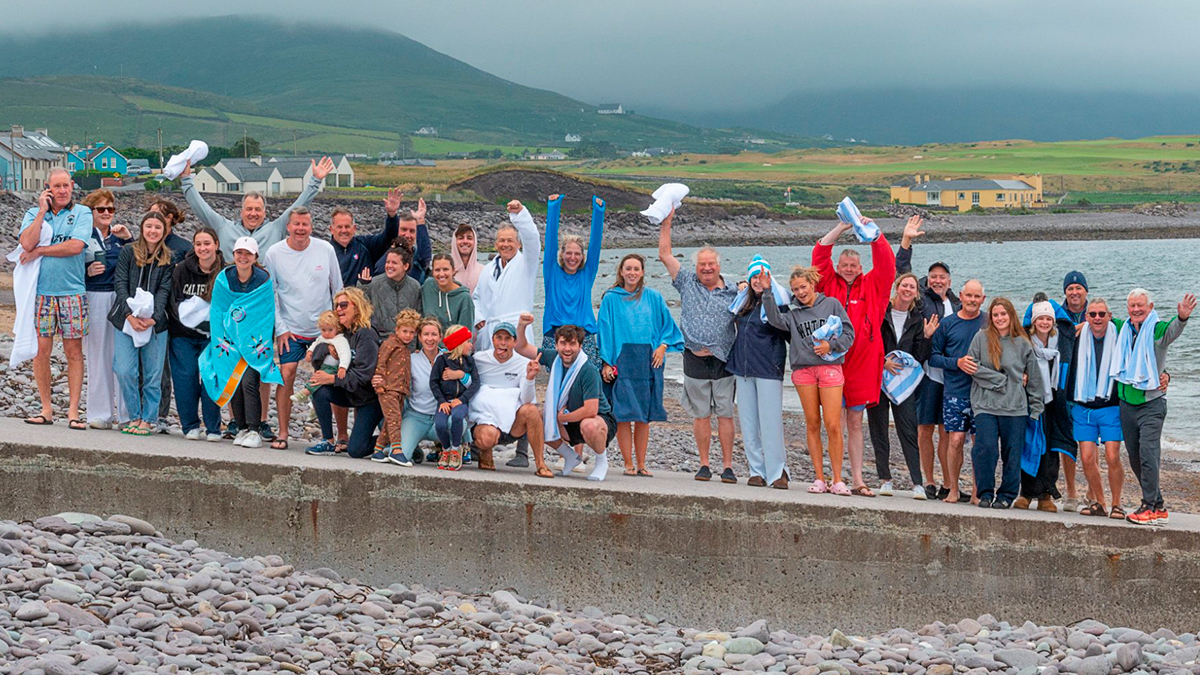Skinner picking himself up by helping others | Inside Golf. Australia’s Most-Read Golf Magazine as named by Australian Golfers

- by Admin
- December 19, 2024

Paul Skinner is having a positive impact on those who never thought they would have the opportunity to play and enjoy the game of golf.
Golf has been Paul Skinner’s life from the time he was 12 and caddied for members at Royal Melbourne.
At the time, golf was his escape from the tumultuous time at home. It was a difficult time for all involved including his mother and brother.
“Nobody should have to go through that,” Paul says. “From the age of 12-18 golf was my quiet time, my safe space, away from the turmoil of my home life.”
In spite of his traumatic childhood, Paul, went on to become an accomplished professional golfer on tour for 10 years, before eventually turning his hand to elite coaching.
He kept in touch with his old mates still on tour, including good friends, Geoff Ogilvy, Aaron Baddeley, Craig Spence, Steve Allan and many others. He often caddied in Europe for his great mentor and all-round good bloke, Peter Fowler, who was also best-man at his wedding.
Then on a visit to Scottsdale, Arizona, to play golf and see his mates, he realised how much he missed the game at elite level. A plan was hatched to get him back on tour before he smashed his wrist on a rock while playing a shot during the during the first round of PGA satellite event Florida. His dream and life were shattered, Paul spiralled into deep depression.
His wrist required immediate surgery forever ending any hope of a fairy tale tour comeback.
It was then, back home, that his life started to unravel. He turned to alcohol and prescription drugs and abused both on a regular basis.
“I turned to whatever vice I could, hoping it would help with my depression. Of course, this only made things worse. I used whatever vice I could to escape what was going on in my head.”
With his personal life spiralling out of control, Paul decided to get professional help.
“It turned out I was still carrying a lot of baggage from what had happened when I was young.”
It was during therapy that he was presented with his ‘sliding doors moment.’
“It was decided I needed to do something which had a positive effect on me. Don’t get me wrong, I loved coaching the elite youngsters (for Golf Australia) which I’ll continue to do. But I needed to do something for other people.”
Paul started working for a friend in the NDIS space taking clients to the gym, riding bikes and other support activities before he introduced some of them to golf. He also re-introduced others to the game, including recovering stroke victims after many had been told they would never be able to play golf again.

Working in the NDIS space has been rewarding for Skinner, and for those such as Max (right) who have been introduced to the game of golf.
“Some of these people have been told golf was either beyond them, or others had been told they would never hit a golf ball again, found they can actually play the game again, or play it for the first time. It is so rewarding and has such a positive impact on me.
“I just cannot tell you how emotional it is to see the delight on the face of 24-year-old Max, after hitting a golf ball at the driving range for the first time,” Paul says with pride.
None of this would have been possible without the full support of Golf Australia’s Sandringham driving range.
“They saw what I was doing there each day and said they liked it. So much so that they offered use of the facilities free of charge.”
The work Paul has done has led him to investigate starting his own business in the ‘all-abilities space.’ Mental health will be a strong focus of the new venture.
“It has quite literally turned my life around, just seeing the joy on the faces of people who have been told they will never have the ability to do something again, actually do it. It has such a positive, almost overwhelming effect on me, too. I am so fortunate to be able to do it,” Paul said.
“Dealing with depression is an ongoing battle, a daily battle. I am still dealing with it. But every time I fall, I pick myself up again. There’s no doubt the solace I get from working with these new clients. It’s therapy for me far more than them. There’s no question about that as far as I am concerned.”
The Latest News
-
December 19, 2024Top 100 Spotlight: The Grand Golf Club – Australian Golf Digest
-
December 19, 2024Australia’s IFM targets ‘blurring boundaries’ between real estate and infra
-
December 19, 2024Golf Saved My Life: ‘My World’s Changed Quite A Bit’ – Australian Golf Digest
-
December 19, 2024Opinion: How Much Golf Is Too Much Golf? – Australian Golf Digest
-
December 19, 2024Australian Open: Injured Jack Draper hopes to be fit for Melbourne





